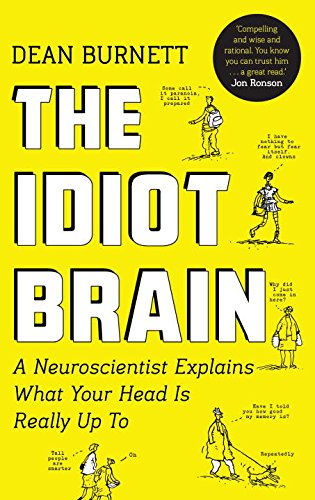

As far back as childhood, long before I ever came across this word, I sought from books a way of drawing close to this realm of feeling. What is taken away is a shared language, a sense of trust in being seen, the stability of genuine connection. Laurie Sheck: Worldlessness, Hannah Arendt calls it-this state of radical isolation and loneliness that is so often a condition of the ill, the feared, the shunned, the stateless, the despised, the misunderstood, the powerless, the afflicted. A faculty member at The New School’s MFA in Writing, she has had her work featured in venues like The New Yorker and The Paris Review. Sheck is the author of five books of poetry, including The Willow Grove, which was a finalist for the Pulitzer Prize.

(His extreme form of epilepsy, in which racking seizures are prefaced by brief, visionary states of bliss, is sometimes called “Dostoyevsky Syndrome.”) Sheck looks at the novel’s shattering climax, which challenges us to take on a more radically empathetic form of compassion. In a contribution for this series, Sheck wrote about Dostoyevsky’s novel The Idiot, a book disordered and nearly destroyed by illness. What I Learned When My Parents Got Arrested Wajahat Ali Her new novel, Island of the Mad, also has the ailing, unattended body at its core: The hunchbacked narrator travels to Venice to search for something that may lessen a friend’s suffering-a lost notebook with clues about her own, mysterious malady.

In 2009, she published a hybrid novel that reimagines Mary Shelley’s Frankenstein from the monster’s perspective. Sheck now takes medication that manages the pain, which, according to the National Institutes for Health, can be extreme enough to be “physically and mentally incapacitating.” The experience seems to have influenced the composition of Sheck’s most recent books, which feature characters made into outcasts as a result of their disordered bodies. Ultimately, she found a doctor who recognized her condition: trigeminal neuralgia, an excruciating disorder of a cranial nerve. “I would just sit at the dinner table with my husband and my daughter, thinking: If I could just have three minutes of normal life-if I could just sit here like a normal mother, I would be so happy,” she told me, in a phone interview. She sought medical attention, but the doctors couldn’t seem to determine what was wrong some even suggested her symptoms were stress-induced, psychosomatic, a sign of madness. For three years, the writer Laurie Sheck suffered from an undiagnosed illness, an agonizing facial pain that put normal life out of reach.


 0 kommentar(er)
0 kommentar(er)
